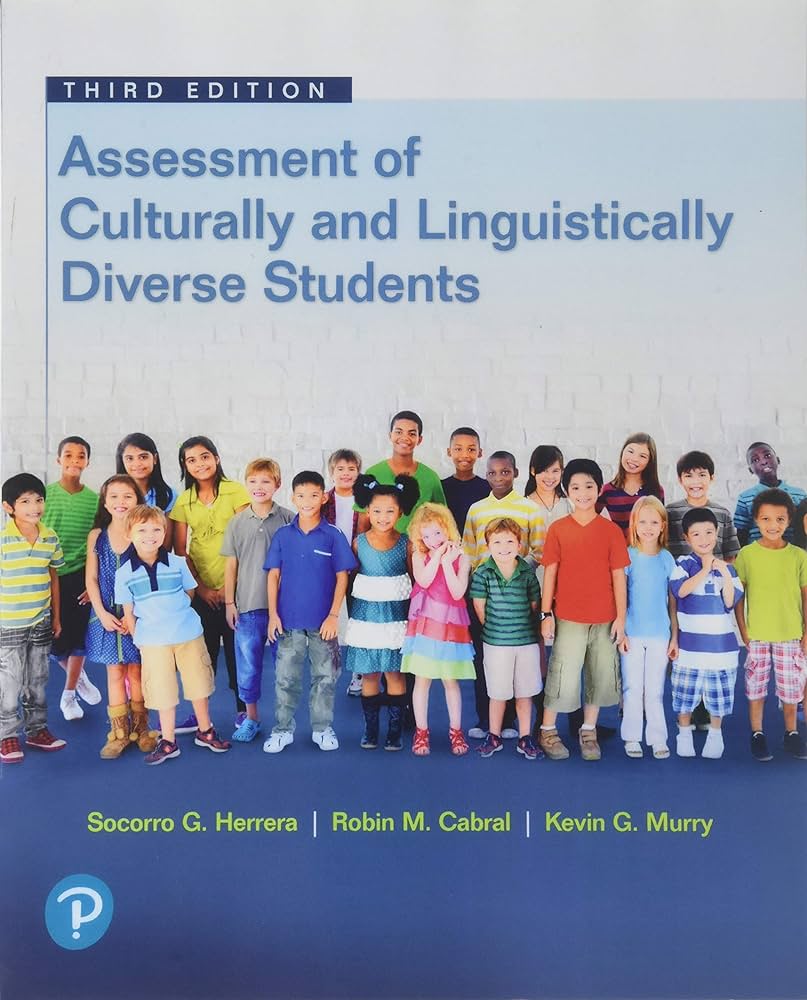News
Assessments for Culturally and Linguistically Diverse Student Populations
What if all teachers knew how to develop assessments that were useful for culturally and linguistically diverse student populations?
At Hartwell The Educators University, all graduates learn through case studies how to develop useful assessments. The following case study taken from Hartwell’s course “Transformational Classroom Assessments” demonstrates one learning activity that Hartwell students complete on their journey to becoming competent educators.
Case Study:
Introduction: In the bustling world of K-12 education, Ms. Rodriguez, an experienced teacher, faces a significant challenge. She is tasked with developing a comprehensive assessment plan for her diverse group of 8th-grade students, aiming to strike the delicate balance between validity and reliability.
Scenario: Ms. Rodriguez teaches in a culturally rich and linguistically diverse school where students come from various backgrounds. She is determined to create assessments that accurately measure students’ knowledge and skills while ensuring fairness and cultural sensitivity.
Key Challenges:
- Cultural and Linguistic Diversity:
The student population comprises students from diverse cultural and linguistic backgrounds, raising concerns about the cultural relevance and fairness of the assessments.
- Standardized Testing Pressures:
The school is under pressure to meet standardized testing requirements. Ms. Rodriguez feels torn between the need for assessments that align with state standards and the desire to create culturally responsive evaluations.
- Ensuring Fairness:
Ms. Rodriguez is aware of potential biases in traditional assessment methods. She seeks ways to ensure fairness and equity for all students, regardless of their cultural or linguistic backgrounds.
Your Objectives for this Assignment:
- To develop assessments that are both valid and reliable.
- To address the challenges of cultural diversity and linguistic differences in assessment design.
- To strike a balance between meeting state standards and creating culturally sensitive assessments.
- Include the Discussion Points below in your Assignment:
Validity Challenges:
How can Ms. Rodriguez ensure that her assessments measure what they are intended to measure, considering the diverse cultural and linguistic backgrounds of her students?
What strategies can she employ to enhance the content validity of her assessments?
Reliability Considerations:
How can Ms. Rodriguez ensure the consistency and stability of her assessments over time? How might she address potential sources of measurement error?
How can she balance the need for reliable assessments with the goal of fostering a culturally responsive and inclusive learning environment?
Cultural Sensitivity:
Discuss potential cultural biases that may exist in traditional assessment methods. How can Ms. Rodriguez modify or adapt assessments to be more culturally sensitive?
How might involving students and their families in the assessment design process contribute to cultural responsiveness?
Aligning with State Standards:
How can Ms. Rodriguez design assessments that align with state standards while incorporating cultural relevance?
What role can collaboration with colleagues and administrators play in achieving this balance?
Ensuring Equity:
Explore strategies to ensure that assessments are equitable for all students, taking into account individual differences and diverse learning styles.
How might Ms. Rodriguez address potential disparities in educational opportunities that could affect the validity and reliability of assessments?
The case study provides an opportunity for you to demonstrate problem-solving skills and the exploration of innovative approaches to assessment design.
About Hartwell – The Educators University
Hartwell is dedicated to empowering K-12 education leaders by fostering the growth of their people into competent and compassionate educators and leaders. Our mission is to ensure every child is taught by educators trained from a biblical worldview, emphasizing both excellence and empathy. Through our affordable online pathways to education degrees, we make careers in K-12 education accessible to everyone, enabling a new generation of teachers and leaders to inspire and educate future generations.
Discover more about our programs and scholarship opportunities at Hartwell.
Source
Assessment of Culturally and Linguistically Diverse Students (What’s New in Ell) 3rd Edition by Socorro Herrera (Author), Kevin Murry (Author), Robin Cabral (Author)

